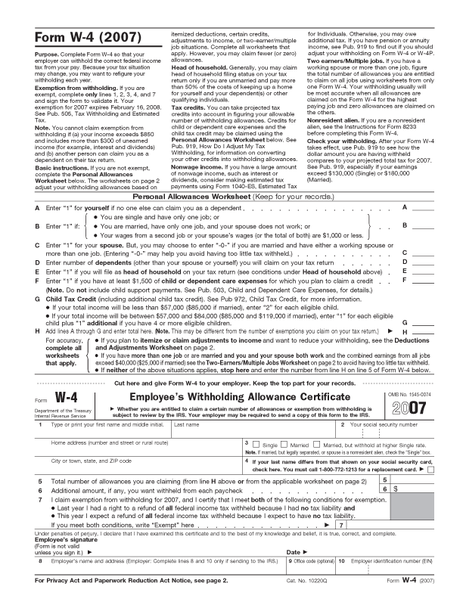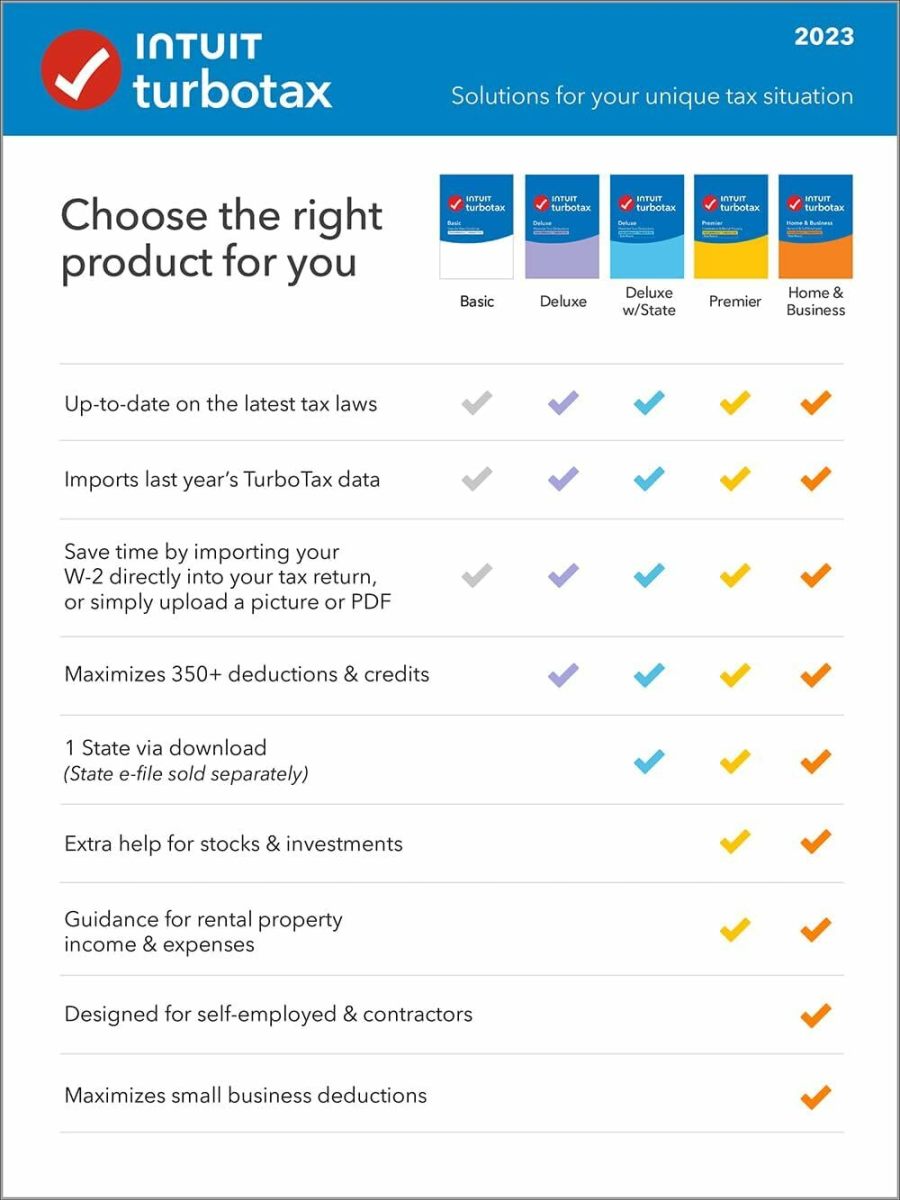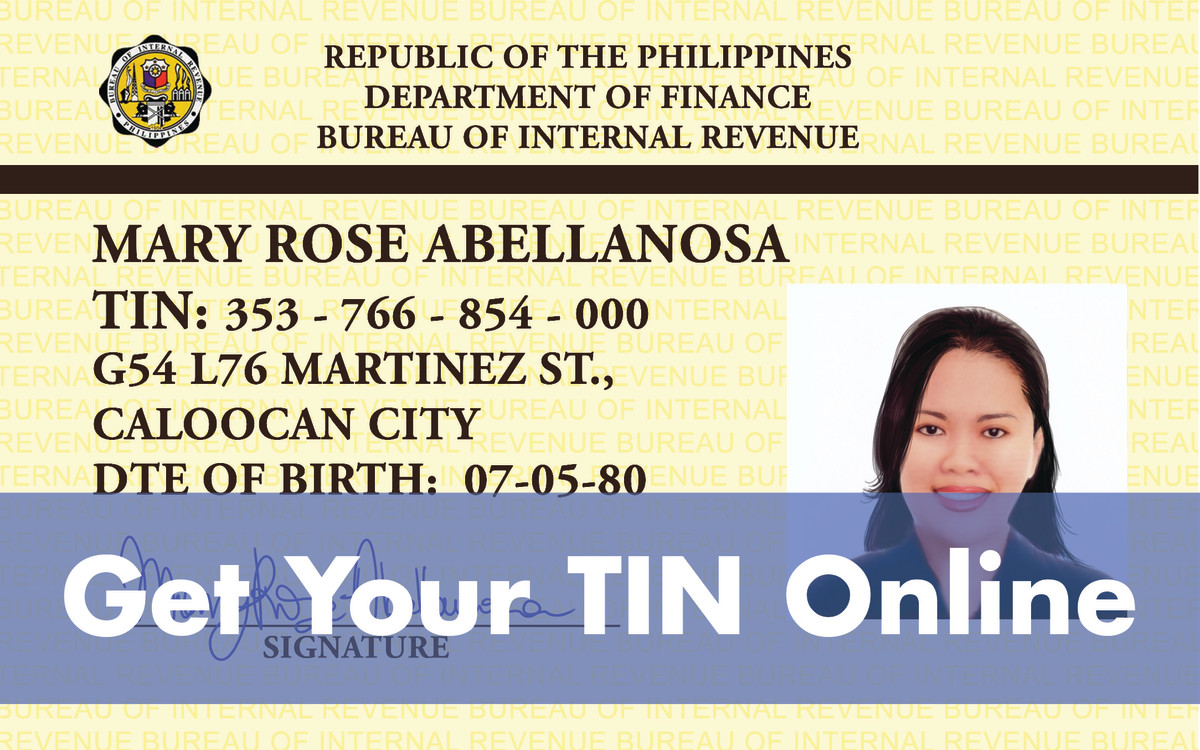Filing Tax Returns and Tax Audit Tips
Filing Taxes and Audits
Tax time comes all too soon it seems every year. While some try to get things done early to get their returns more quickly, some put it off until the last minute. Regardless, the time comes and goes, and as little fun as that is, its even more unpleasant to consider the idea of getting audited. Of course it may not be bad at all if you are on top of things, keep good records and do your taxes by the book. Knowing all you can, can help you in case your tax return is ever one to be questioned by the IRS.
In short, a tax audit is when the IRS is questioning the details of your tax return, and make you show your records and explain how you figured and paid your taxes. Very often, people end up owing money to the Internal Revenue Service. There are some things you can do to prevent or help a tax audit go smoothly.

Since an audit is an IRS examination of your tax return and records, it makes good sense to keep the best records you can. You want to be organized, with at least basic files no matter how simple they are. The IRS wants to know that you reported everything correctly, and usually have some reason for suspecting that you may owe more tax. Computers at the IRS can flag certain tax returns. They do so using complex Discriminant Function, or DIF program based on taxpayer "norms." The program, for instance, allows a certain (and secret) level of deductions that are related to your income. One super easy way to organize your documents together is in one of those accordion file folders. Its like having a lot of manila folders all together, but is free standing and can be stored away anywhere.


Different Kinds of Audits
There is more than one kind of tax audit. There are correspondence audits, office audits, and field audits. A correspondence audit is done by the mail, as you might have guessed and is generally the easiest of all audits to deal with. You may still end up owing money of course. Basically, the IRS is asking that you back up your return by sharing your records with them. One good bit of advice here is to keep your originals and send copies in case things should be lost somehow in transit.
Office audits are when the audit is held in an IRS office with a tax auditor. You are to come to the office after being told which areas are being examined and which materials to bring with you.
A field audit is done by an IRS agent and is usually done in your home or office. I think this is what many of us picture when we picture an audit, perhaps because of movies and TV shows. It can sometimes occur at your tax professional's office if they are allowed to practice in front of the IRS. Basically, your whole return is open for scrutiny as well as all of your documentation.
There are some rights you have as a tax payer and you can learn more about these as well, should you ever be audited.








